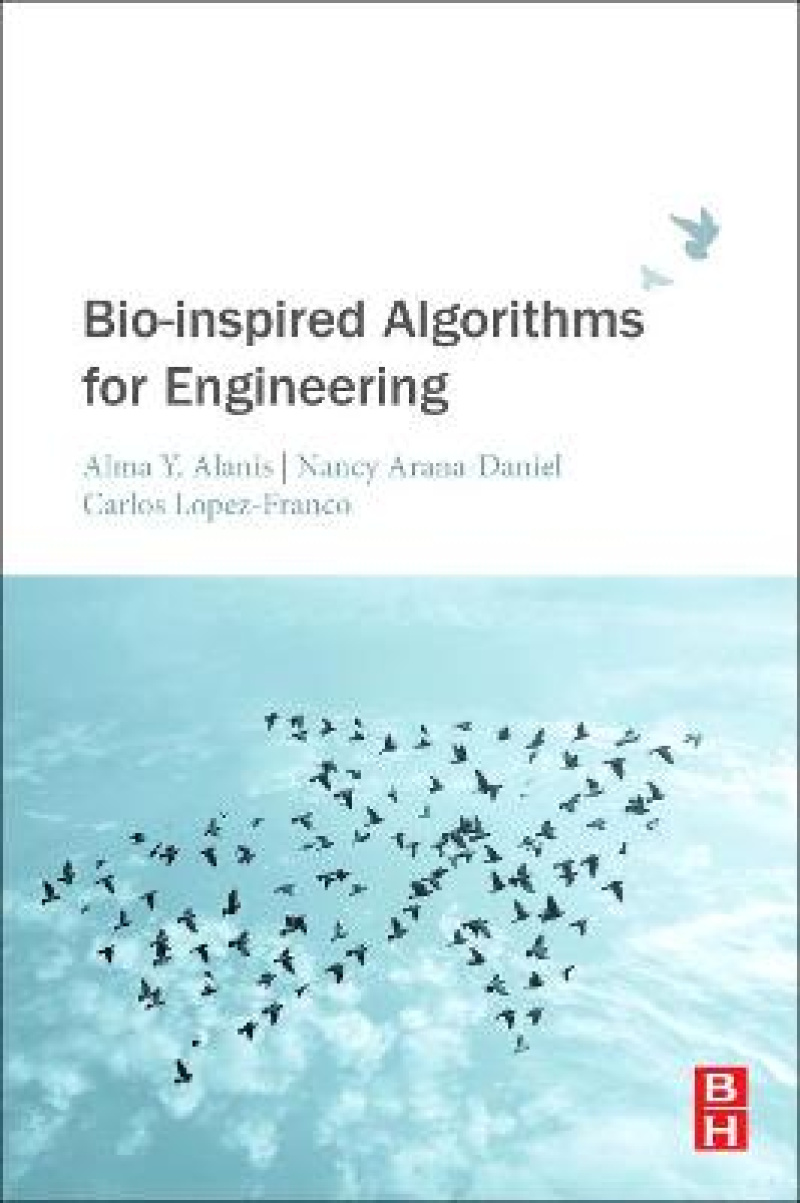Bio-inspired Algorithms for Engineering builds a bridge between the proposed bio-inspired algorithms developed in the past few decades and their applications in real-life problems, not only in an academic context, but also in the real world. The book proposes novel algorithms to solve real-life, complex problems, combining well-known bio-inspired algorithms with new concepts, including both rigorous analyses and unique applications. It covers both theoretical and practical methodologies, allowing readers to learn more about the implementation of bio-inspired algorithms. This book is a useful resource for both academic and industrial engineers working on artificial intelligence, robotics, machine learning, vision, classification, pattern recognition, identification and control.
Les mer
1. Bio-inspired Algorithms2. Data Classification Using Support Vector Machines Trained with Evolutionary Algorithms Employing Kernel Adatron3. Reconstruction of 3D Surfaces Using RBF Adjusted with PSO4. Soft Computing Applications in Robot Vision5. Soft Computing Applications inMobile Robotics6. Particle Swarm Optimization to Improve Neural Identifiers for Discrete-time Unknown Nonlinear Systems7. Bio-inspired Algorithms to Improve Neural Controllers for Discrete-time Unknown Nonlinear System8. Final Remarks
Les mer
Explores the recent research trends in the field of bio-inspired algorithms and their application in different research areas of engineering fields
Presents real-time implementation and simulation results for all the proposed schemes
Offers a comparative analysis and rigorous analysis of the convergence of proposed algorithms
Provides a guide for implementing each application at the end of each chapter
Includes illustrations, tables and figures that facilitate the reader’s comprehension of the proposed schemes and applications
Les mer
Produktdetaljer
ISBN
9780128137888
Publisert
2018-01-30
Utgiver
Elsevier - Health Sciences Division
Vekt
180 gr
Høyde
229 mm
Bredde
152 mm
Aldersnivå
P, 06
Språk
Product language
Engelsk
Format
Product format
Heftet
Antall sider
152
